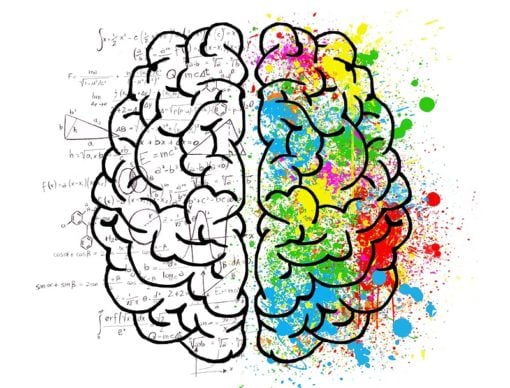How good of a storyteller are you?
Stories are powerful. We all know that, and can easily recall a favorite movie or video, a song or book. So how come, in business, we rarely use storytelling techniques? We regularly talk in business speak, using a dry vocabulary and lots of facts to sound smart and impress our colleagues and clients.
Earlier this week, I worked with a group of senior leaders on communication skills and we talked about storytelling. It was affirming to see how quickly all the participants latched on to various techniques to share the power of stories. They grasped the concepts quickly and told me that they valued learning this new skill.
Go ahead. Try it. Add some drama or tension to grab the listener’s attention. Paint a picture to bring the situation to life so that the listener can imagine in their mind what you are describing. Use names for people, places and things. Sprinkle in some emotion to tug at the listener’s heart strings and help them connect deeper to you and the characters in your story, maybe even helping them to identify with those characters. Add luscious details to help them fully immerse themselves in your story – color (fuchsia), texture (like sandpaper to the touch), sounds (the lapping of the ocean), or a myriad of
hundreds emotions such as joy, panicked or epiphany.
#WiseWords
arsenal.”
Worth The Share

When you tell someone a story, you can light up six or seven parts of their brain, but when you tell them a fact, you light up one or two parts of their brain. In Your Brain On Stories from Psychology Today, you will learn about why this occurs.
When you read something that is fact based, two parts of your brain light up – Wernicke’s area (where words are processed) and your visual cortex. If you hear something, Wernicke’s area would light up as well as your auditory cortex.
But, if you are told a compelling story – many areas of your brain would light up, the three mentioned above (Wernicke’s area, auditory and visual cortex) AND maybe your motor cortex, olfactory sensory area and the empathy areas of the brain. The author, Susan Weinschenk Ph.D., summed it up this way. “You are literally using more of your brain when you are listening to a story. And because you are having a richer brain event, you enjoy the experience more, you understand the information more deeply, and retain it longer.”
Plus, when you add tension to a story, it will sustain the attention of the listener, ultimately releasing Oxytocin which enhances social bonding.
And the bottom line is that stories make a big impact on RETENTION! People connect with stories and remember them. Read Your Brain on Stories to learn more details.
And Finally...

What is your favorite story? For fun, I thought I would check out the top stories (not movies) of all time, and what I learned is that these are some of the greatest works of literature ever written, according to Britannica:
Anna Karenia, To Kill a Mockingbird, The Great Gatsby, 100 Years of Solitude, A Passage to India, Invisible Man, Don Quixote, Beloved, Mrs. Dalloway, Things Fall Apart, Jane Eyre, and The Color Purple.
How many have you read? Can you remember the story?
Have a great week, tell a story or two and have a wonderful Thanksgiving holiday.
Mary Jo

